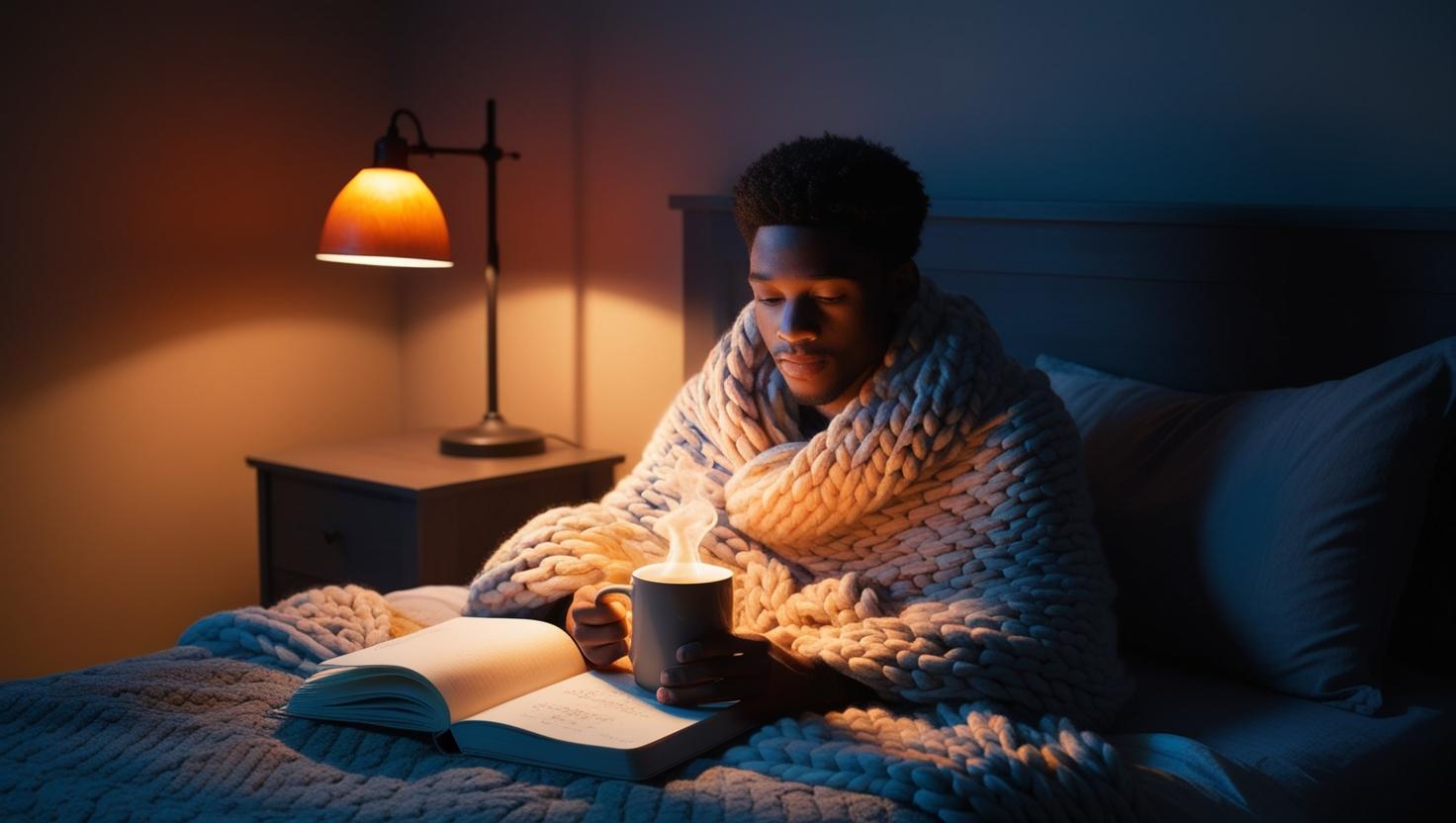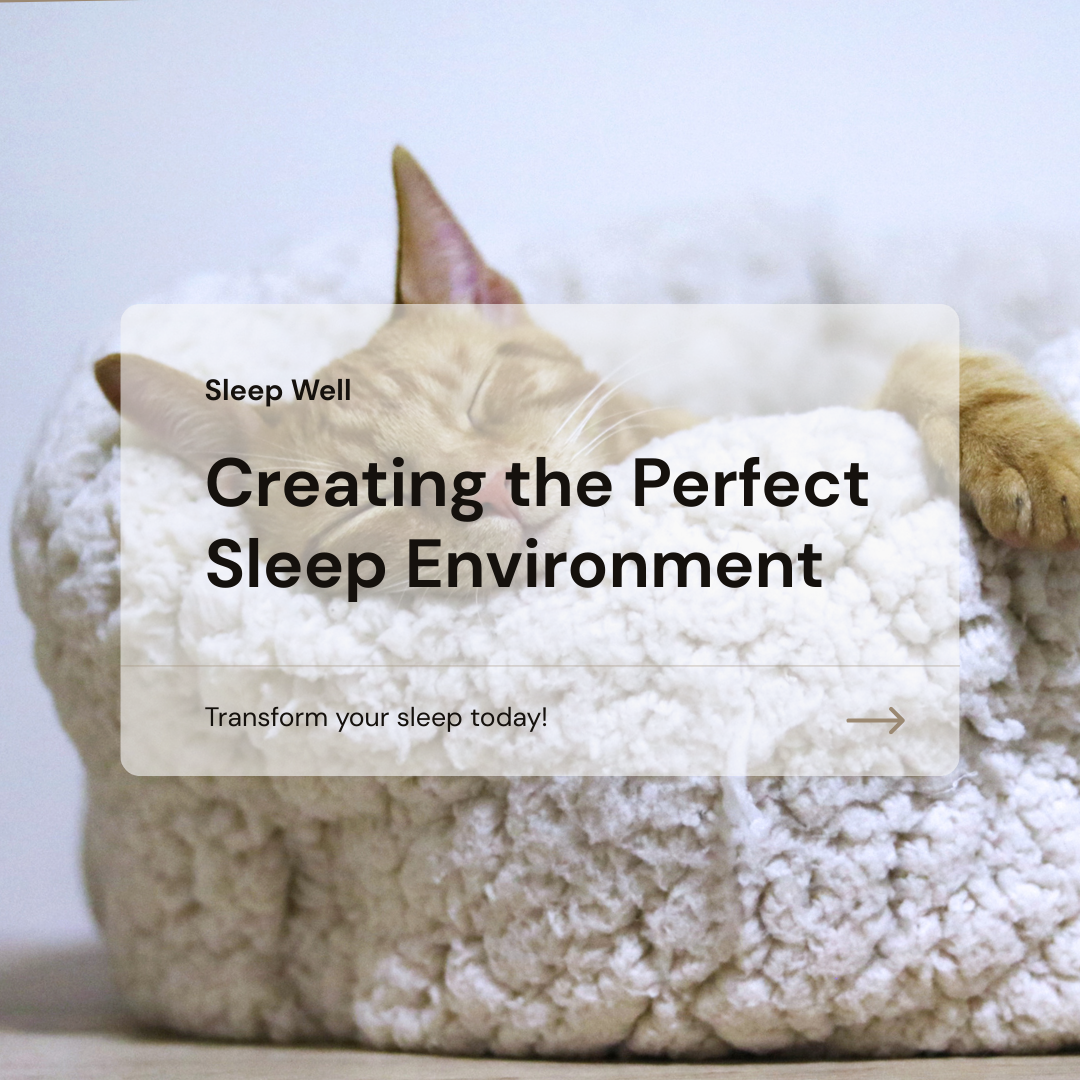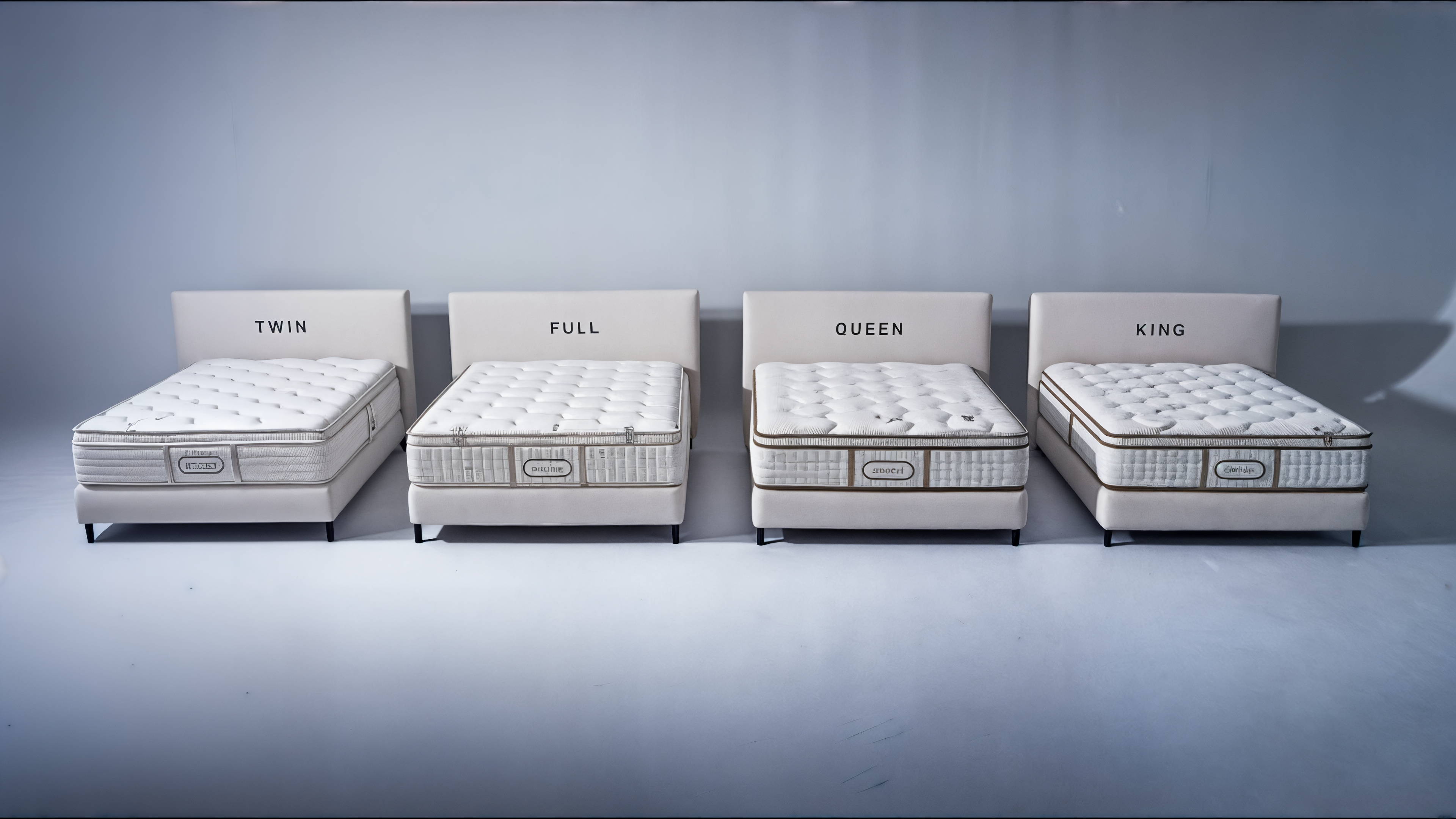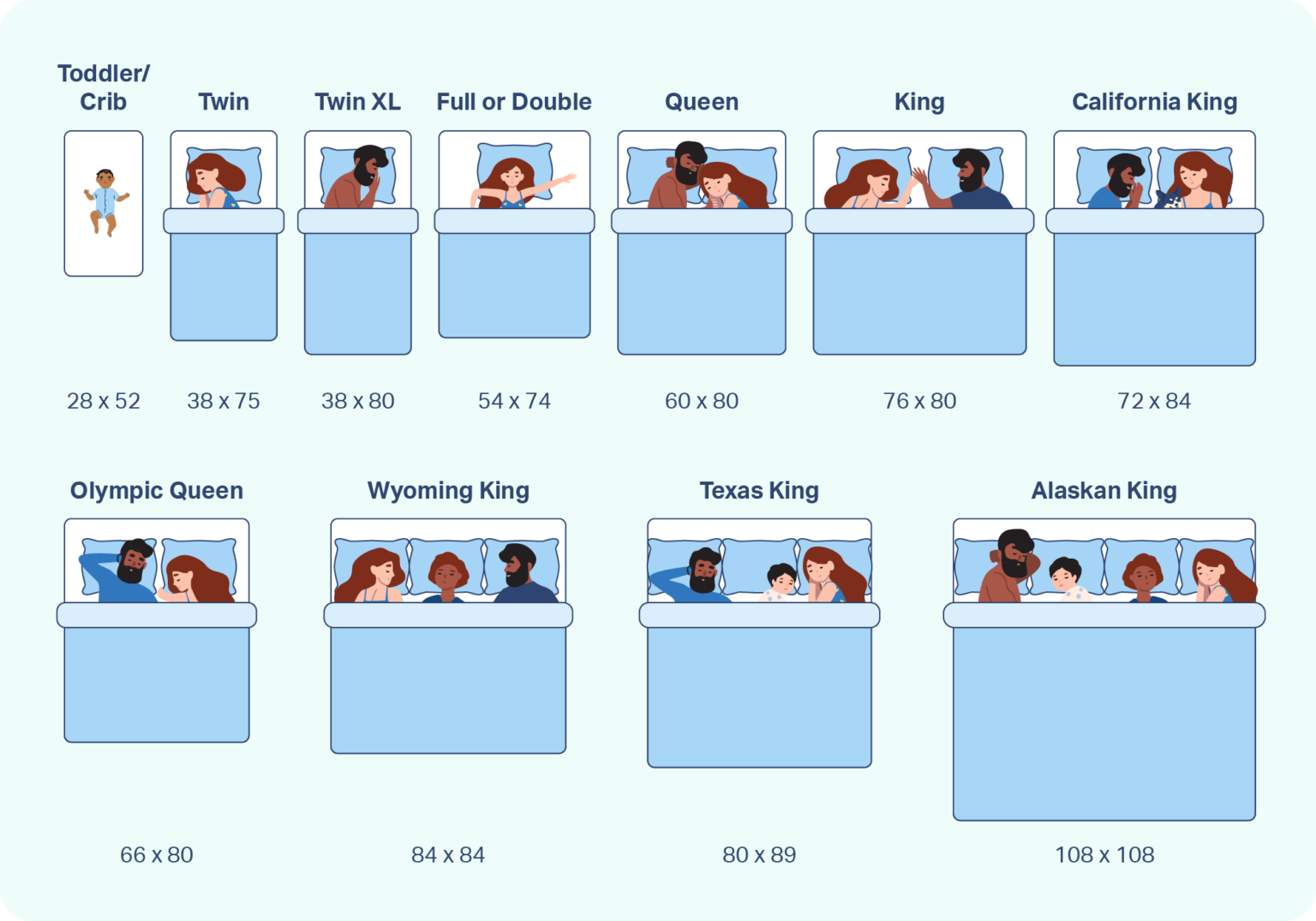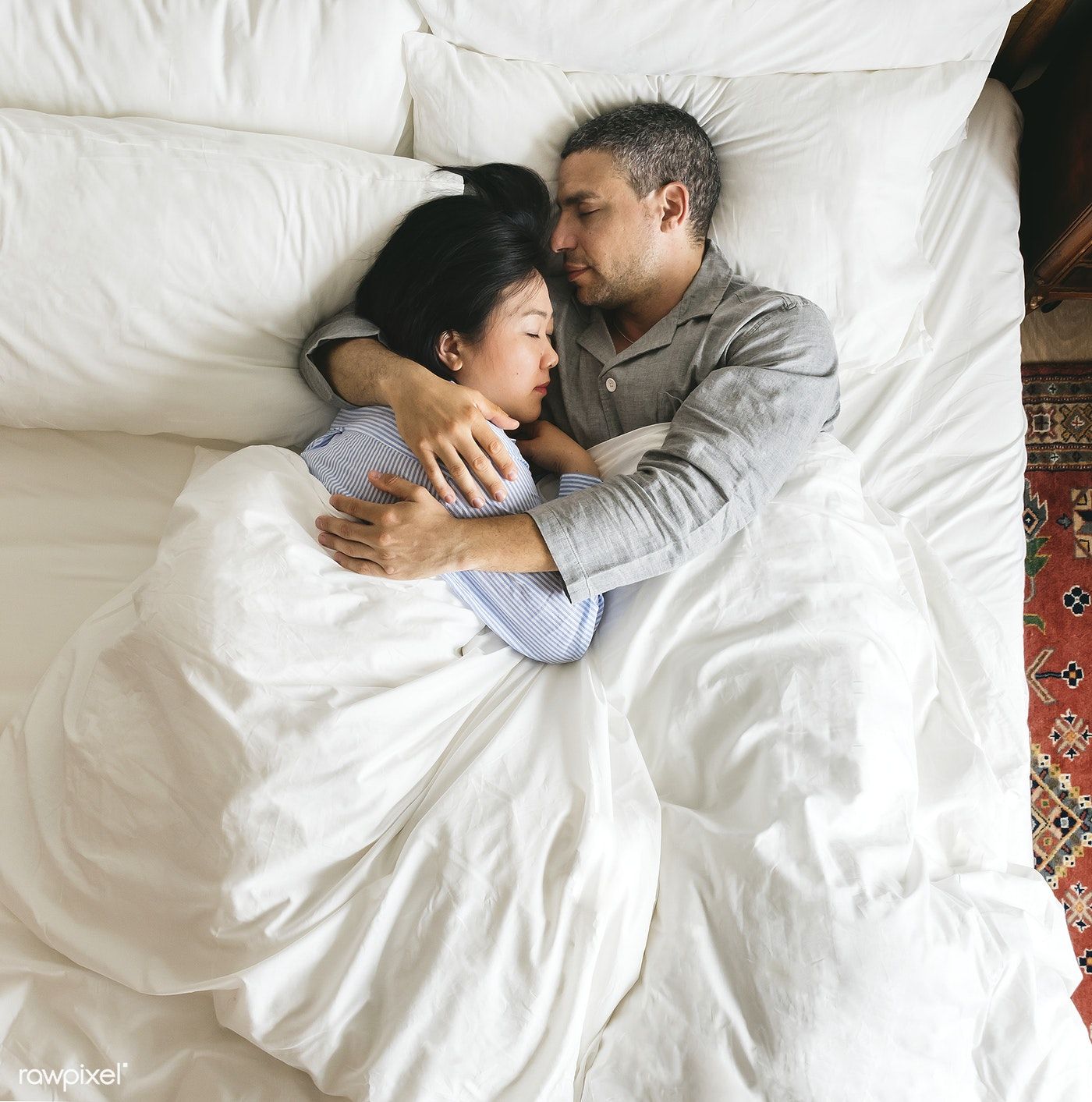Waking Up at 3 AM
Waking up at 3 AM isn’t just frustrating—it’s your body sending signals. Here’s how to decode them and reclaim your rest.
Key Takeaways
- Waking up at 3 AM often stems from stress, blood sugar dips, or disrupted sleep rhythms.
- Simple changes in routine can significantly reduce nighttime wake-ups.
- Consistency and a cozy sleep environment are your best allies.
- Most people see results within a few weeks by following a targeted plan.
Why Waking Up at 3 AM Happens So Often
Waking up at 3 AM is more common than you think, and it’s not random. Your body may be responding to cortisol spikes, blood sugar imbalances, or even environmental triggers. By identifying the root causes, it becomes much easier to prevent future disruptions. Learn more in these detailed resources from Healthline, the Cleveland Clinic, and Psychology Today.

Common Causes of Waking Up at 3 AM
- Stress or Anxiety: High cortisol levels can jar you awake. Relaxing evening rituals help regulate this.
- Blood Sugar Fluctuations: Eating sugary or high-carb foods too close to bedtime may cause 3 AM wake-ups.
- Circadian Rhythm Confusion: Irregular sleep schedules confuse your internal clock.
- Hydration Imbalances: Both drinking too much and too little water can interfere with sleep.
- Overactive Mind: Mental overload and racing thoughts can keep you up once you’re awake.

Your 4-Step Plan to Stop Waking Up at 3 AM
1. Calm Cortisol with Nighttime Rituals
Unwinding properly at night is crucial if you’re consistently waking up at 3 AM. Try breathing exercises, journaling, and guided meditations with apps like Calm or Insight Timer.
2. Stabilize Blood Sugar Before Bed
Balance your evening snacks to avoid the blood sugar crashes that often lead to 3 AM interruptions. Avoid alcohol and sugar, and choose protein-rich snacks like cottage cheese or nuts. Teas like valerian root can support deeper rest.
3. Reset Your Body Clock
Your circadian rhythm needs consistent reinforcement. Get sunlight early in the day, keep regular sleep hours, and reduce screen time before bed to avoid melatonin suppression.
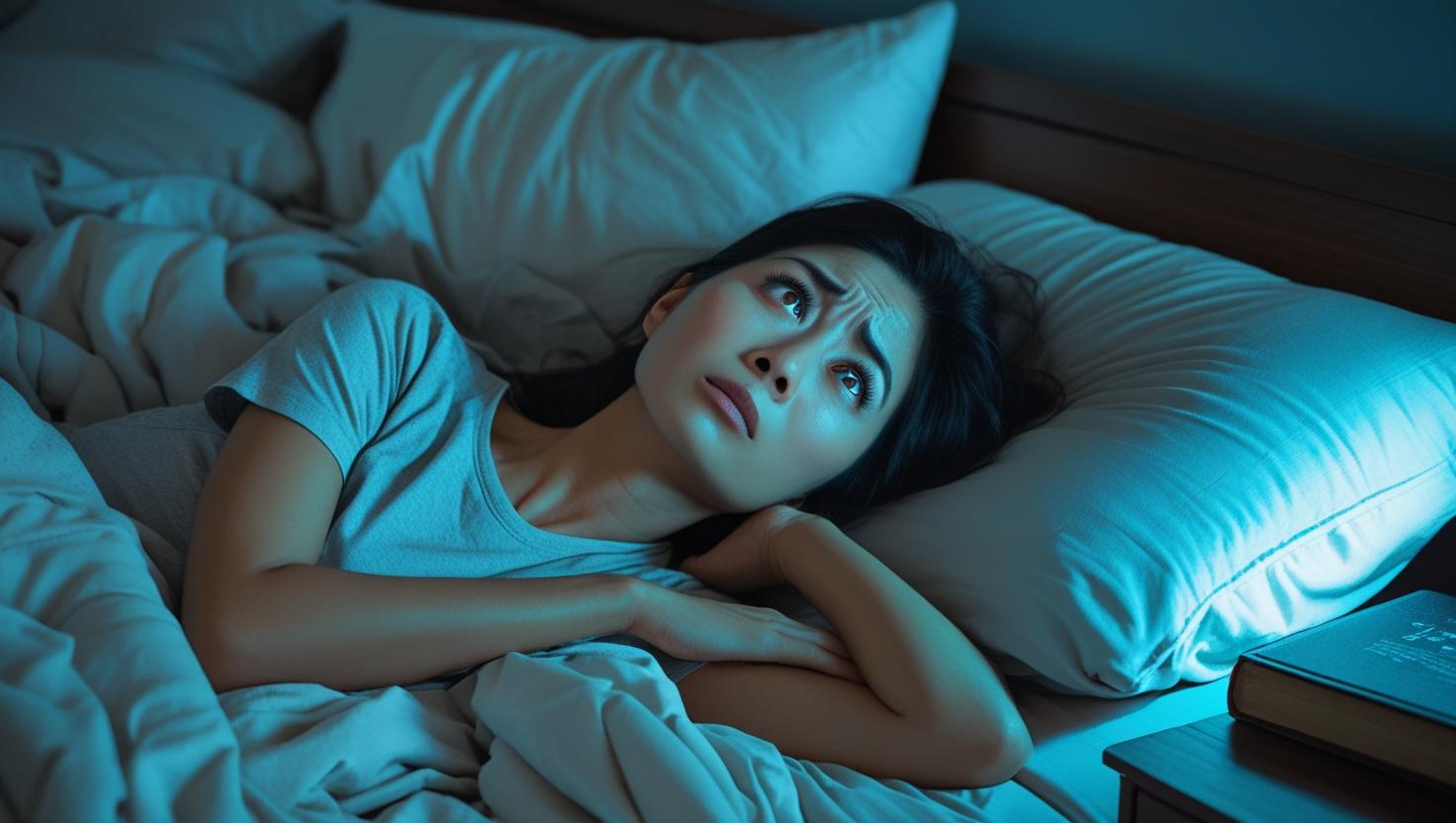
4. Create the Perfect Sleep Environment
Your bedroom should be a sleep sanctuary. Use blackout curtains, keep the temperature between 60–67°F, try white noise or calming sounds, and consider essential oils like lavender to promote a restful atmosphere.
For more, check out 10 genius ways to improve your sleep setup.
If You’re Still Waking Up at 3 AM
Despite your efforts, the occasional 3 AM wake-up might still happen. Here’s what to do in the moment:

- Skip the phone: The light and stimulation will make it harder to fall back asleep.
- Use muscle relaxation techniques: Tense and relax muscles from your toes upward.
- Try the military sleep method: Relax your body one part at a time for fast results.
- Leave the bed if needed: If 20 minutes pass, get up and do a calming activity like reading.
- Herbal support: Sip on lemon balm or chamomile tea to ease into sleep again.
How Long to Break the 3 AM Wake-Up Habit
Many people notice changes within just a few nights. But if you’ve been waking at 3 AM regularly, full improvement may take 2–3 weeks of consistent bedtime habits.
Track Your Progress
- Keep a sleep journal: Document your wake-up times, evening habits, and morning energy levels.
- Use sleep apps: Tools like Sleep Cycle can reveal patterns over time.
- Stick to your routine: Especially your morning sunlight and bedtime wind-downs.
Final Thoughts: Say Goodbye to Waking Up at 3 AM
Waking up at 3 AM is your body’s subtle way of asking for balance. Small shifts in your nighttime routine, combined with thoughtful nutrition and mindful habits, can transform your sleep. Tonight, dim the lights, breathe deeply, and take that first step toward truly restorative rest.
FAQ
- Why do I always wake up at 3 AM?
- Common reasons include stress, blood sugar crashes, circadian rhythm disruption, or hydration issues. Identifying the cause can help resolve it.
- How can I stop waking up at 3 AM every night?
- Create a calming bedtime routine, balance your blood sugar, reinforce your circadian rhythm with sunlight, and improve your sleep environment.
- Is waking up at 3 AM unhealthy?
- Occasional wake-ups are normal, but frequent disruptions may indicate underlying stress, anxiety, or health issues worth addressing.
- What does it mean spiritually to wake up at 3 AM?
- Some traditions see 3 AM as a “spiritual hour,” but medically, it’s linked to cortisol cycles or other physiological patterns.
- How long does it take to stop waking up at 3 AM?
- With consistent routines and habit changes, most people see results within 2–3 weeks.
Learn more in this calming nighttime routine guide, a list of foods that support sleep, and ways to naturally reset your circadian rhythm.

